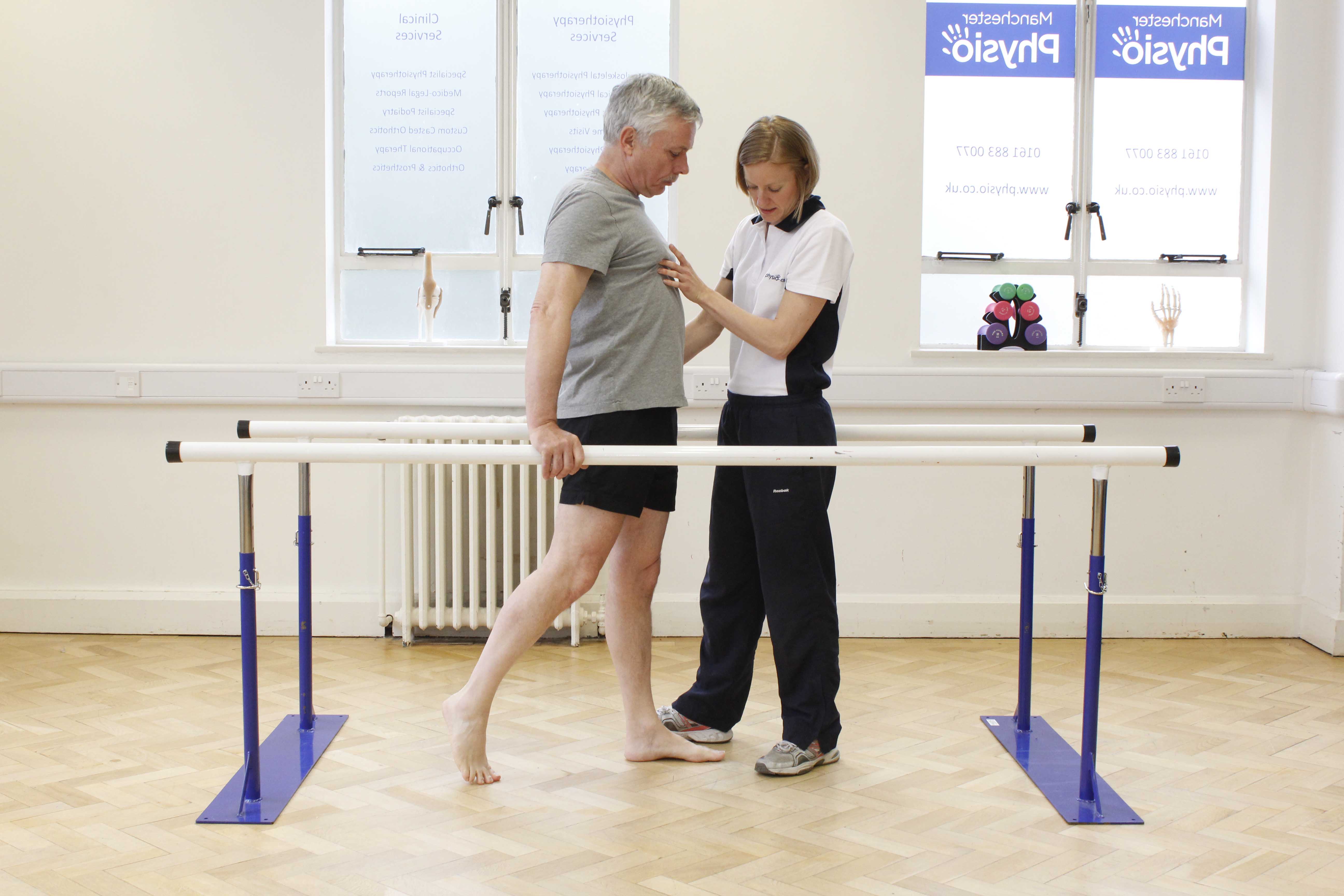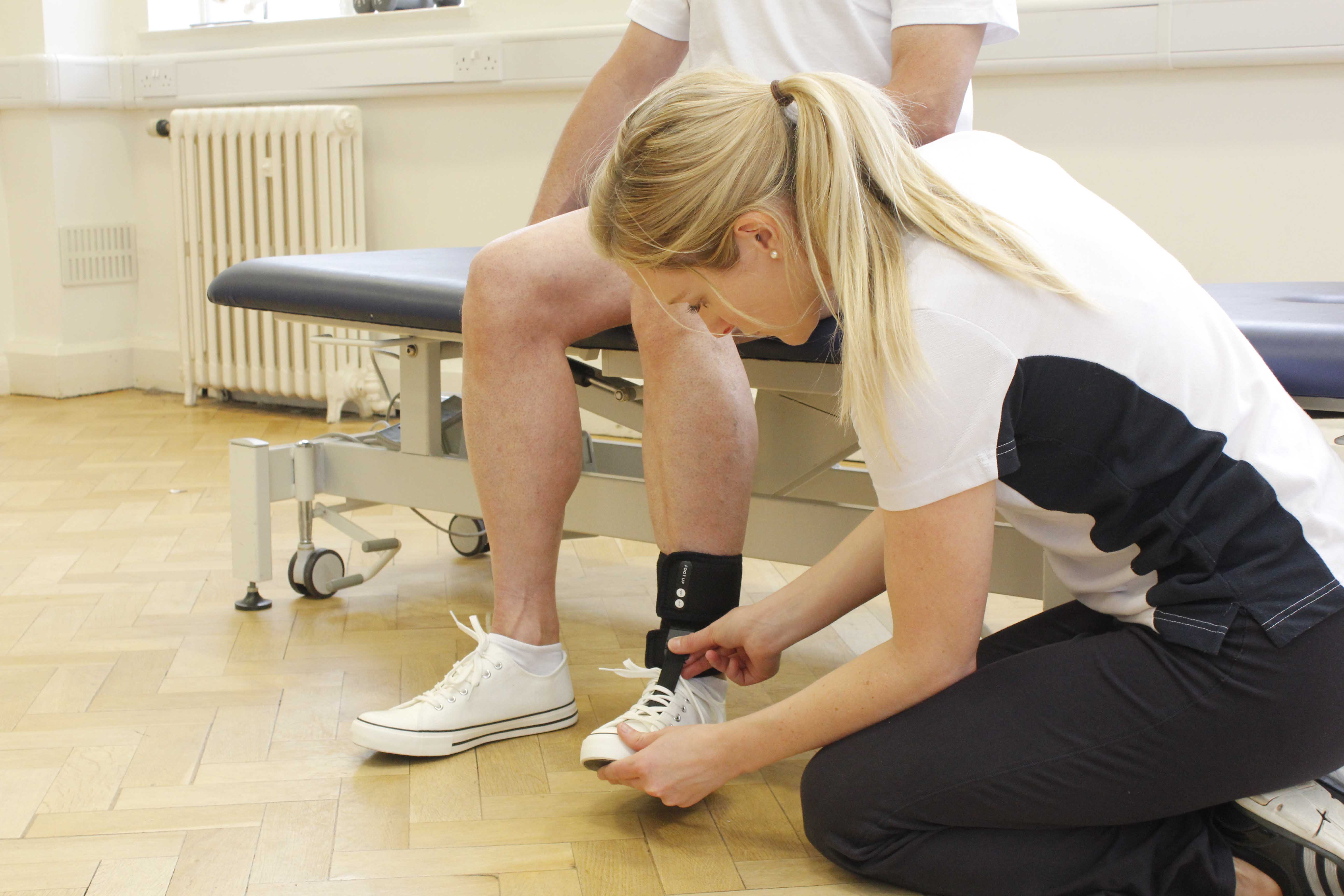What is Parkinson’s disease?
Parkinson’s disease is a progressive neurodegenerative condition affecting the coordinationof movement. Parkinson’s disease also affects cognition, mood, speech,bladder and bowel dysfunction. Parkinson’s disease involves a lack of a neurotransmitter called dopamine in the brain which causes stiffness, tremors and slow movement and cognitive impairments.
People commonly associate Parkinson’s disease with older people but it can appear earlier on in life. Juvenile Parkinson’s disease is very rare but means that a person is diagnosed before the age of 18. Young onset Parkinson’s disease occurs when a person is diagnosed between the age of 21 – 40.
It commonly occurs around 65 years and is about 1.5 times more common in men than in women. The role genetics may play a role in the development of Parkinson's disease and may run in particular families.
The main symptoms of Parkinson's can also be symptoms of other disorders. This is called Parkinsonism.
 Above: Active mobility exercises for the uper limbs supervised by a specilaist Neuro Physiotherapist
Above: Active mobility exercises for the uper limbs supervised by a specilaist Neuro PhysiotherapistTypes of Parkinson’s disease
The types of Parkinsons disease include:
- Idiopathic Parkinson's disease
- Autosomal dominant Parkinson disease
- Parkinson disease, familial, type 1 (PARK1)
- Parkinson disease 3, autosomal dominant Lewy body (PARK3)
- Parkinson disease 4, autosomal dominant Lewy body (PARK4)
- Parkinson disease 5, 8-13
- Parkinson disease 6, autosomal recessive early-onset (PARK6)
- Parkinson disease 2, autosomal recessive juvenile (PARK2)
- Parkinson disease 7, autosomal recessive early-onset (PARK7)
- Mitochondrial Parkinson's disease
- Multiple system atrophy (MSA)
- Progressive supranuclear palsy (PSP)
Diagnosis of Parkinson’s disease
Diagnosis of Parkinson’s disease may be difficult as there is no single test and other conditions have similar symptoms. Your GP will take a detailed medical and family history and a clinical examination. You may then be referred you to a neurologist if Parkinson’s disease is suspected.
 Above: filetitle2
Above: filetitle2What causes Parkinson’s disease?
Parkinson’s disease is caused by damage to nerve cells in your brain called the substantianigra. The substantianigracontrols the production of dopamine. Dopamine send impulses from the brain to the muscles helping coordinate movement. When the substantianigra is damaged the amount of dopamine is reduced which causes slow, uncoordinated, movements.
The causes of this damage could involve genetic abnormalities or environmental factors such as toxins. People are commonly diagnosed with idiopathic Parkinson’s disease which means that the cause is unknown.
What are the effects / symptoms of Parkinson’s disease?
The physical symptoms of Parkinson’s disease involve motor function and include:
- Tremor - involuntary muscle movement of the body parts commonly starting in the hand.
- Slowness of movement (bradykinesia) – difficulty in initiating movement or slowness in initiation.
- Stiffness or rigidity of muscles, increased muscle tone - problems with activities such as standing up from a chair or rolling over in bed may be experienced.
- Postural Instability – difficulties with posture and balance.
- Shuffling Gait – walking with short steps and feet not clearing the ground.
- Gait freezing – inability to move feet when initiating
- Dystonia – uncontrollable muscle contractions
A person with Parkinson’s disease may also suffer from selective cognitive impair¬ments, including difficulties with atten¬tion, concentration, problem solving, and memory. These will interfere with everyday tasks such as:
- difficulties in paying attention at work;
- problems handling more than one proj¬ect at a time;
- inability to sequence and plan tasks
- problems organising and completing task at home and work
Physiotherapy for Parkinson’s disease
A person with Parkinson’s disease will benefit from specialist neurological physiotherapy. Physiotherapy treatment will help increase your independence in everyday life. Our motivated physiotherapists at Physio.co.uk acknowledge that Parkinson’s disease affects everyone differently so treatment is tailored to your needs. An initial assessment will look at how Parkinsons affects you and goals will be developed centred around you and those close to you. People with Parkinson’s disease have a substantial risk of falling so physiotherapy will focus on managing this difficulty. Physiotherapy treatment can increase your energy levels and help you stay positive by increasing your sense of well-being.Physiotherapy treatment will address:
- Helping stiff muscles and joints
- Maintaining muscle strength for as long as possible
- Increasing range of motion
- Increasing flexibility
- Improving balance and posture
- Improving walking
- Postural problems
- Helping prevent or manage falls
- Increasing comfort when sitting, standing or sleeping
- Increasing energy levels
- Improving sense of well being
- Helping maintain independence
- Muscle stretching to prevent stiffness and lengthen tight muscles.
- Exercise to help relax rigid muscles and joints to maintain a good posture, keep your joints flexible and help make movements smooth and efficient.
- Exercise to increase stamina and reduce fatigue
- Reducing any pain that you may be experiencing.
- Teach techniques that help make some automatic movements and functional abilities easier. For example, walking, sitting down and standing up are some of the tasks that may become difficult as Parkinson’s disease progresses, but can be improved by learning new ways of doing things.
- Cueing and movement strategies to reduce the effects of freezing.
- Teaching ways of transferring such as getting up out of a chair or moving in bed.
- Advice on aids and adaptations to the home that might be of use for functional abilities for people with Parkinson’s disease.
- Balance training to help improve confidence and reduce the risk of falling.
- Hydrotherapy treatment.
- Relaxation therapy help reduce stress which can often bring on symptoms of Parkinsons.

 0330 088 7800
0330 088 7800

































